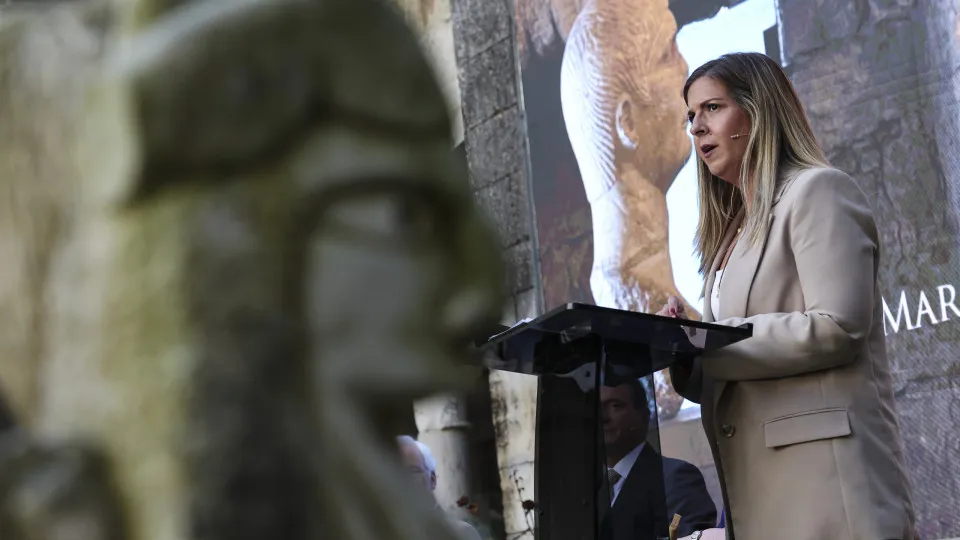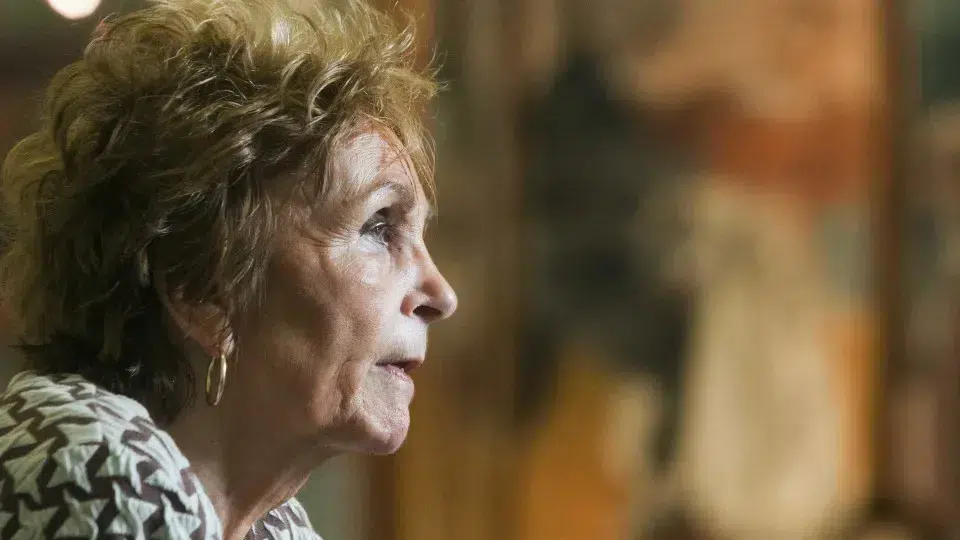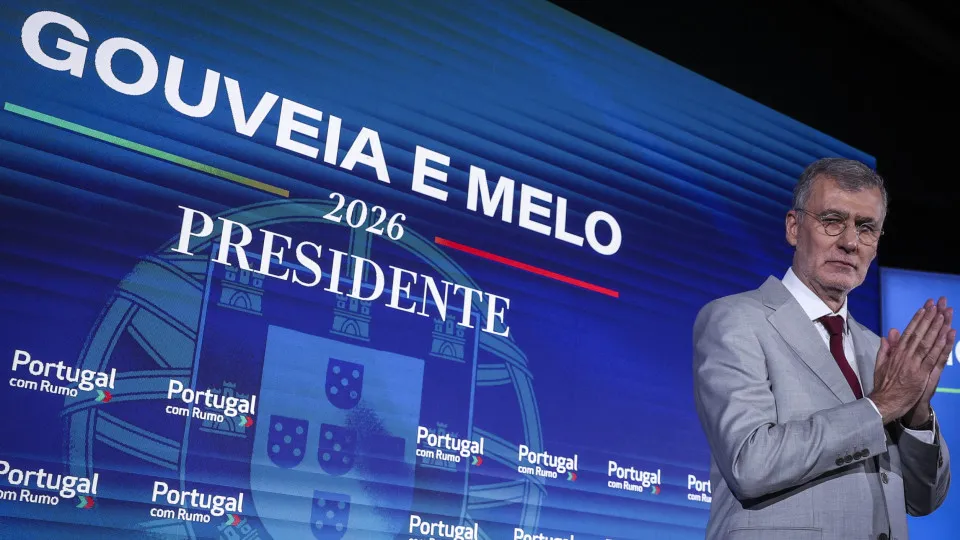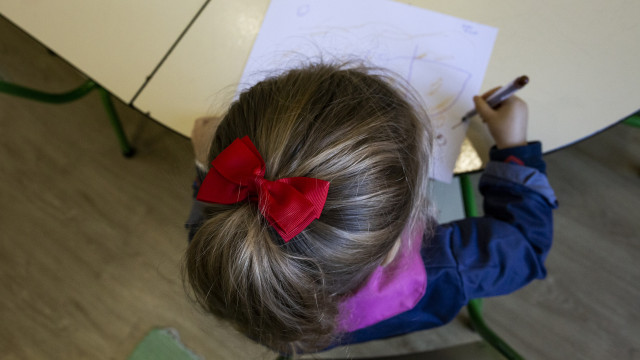
According to the Ministry of Culture, Youth, and Sports, this marks the first time the Cultural Development Fund has clear, transparent, and accessible regulations, making it the main public financing tool for culture in Portugal.
Established by decree in 1973, the Cultural Development Fund operates autonomously under government supervision, with an administrative council. The fund’s budget supports state-involved foundations, cultural creation based on objective merit criteria, cultural merit subsidies, and public cultural policy financing.
The ministry led by Margarida Balseiro Lopes announced that the FFC currently mobilizes over 40 million euros annually, with this amount set to increase next year through the State Budget.
At the end of August, Margarida Balseiro Lopes revealed that the government was working on FFC regulations to ensure more transparent management of public funds for the sector.
“This is a fundamental paradigm shift to address past weaknesses and ensure that investment in cultural sectors results in tangible outcomes for creators, communities, and the country,” the Minister stated during the PSD Summer University in Castelo de Vide (Portalegre).
The regulation was issued months after the General Inspectorate of Finance (IGF) released a report on the Cultural Development Fund’s activities for 2020-2022.
The IGF noted that the fund did not prepare annual or strategic/pluriannual plans, nor did it have specific goals for the triennium, unlike other public funds.
There were issues such as a lack of evaluation of grant results or impacts, procedural failures, and disparities in treatment between older and newer beneficiaries.
The IGF reported that in that triennium, the Cultural Development Fund granted 123.7 million euros in public subsidies without evaluations of results or impacts.
The IGF recommended drafting annual and pluriannual action/strategic plans, creating regulations for financial support lines, and establishing protocols or agreements with beneficiaries.
Following this report, the parliamentary group Chega requested and obtained approval for hearings of former Culture Ministers Pedro Adão e Silva and Graça Fonseca, from governments led by António Costa, and former GEPAC Director-General Maria Fernanda Heitor.
These parliamentary hearings have not yet taken place.
According to the newly published regulation in the Diário da República, FFC support applications will be submitted via an electronic platform.
Until the platform becomes operational, applications under the Cultural Development Fund regulation may be submitted via email or e-form, as stated in the Diário da República.
The GEPAC must present a regulatory application evaluation report to the government by January 31, 2028.




